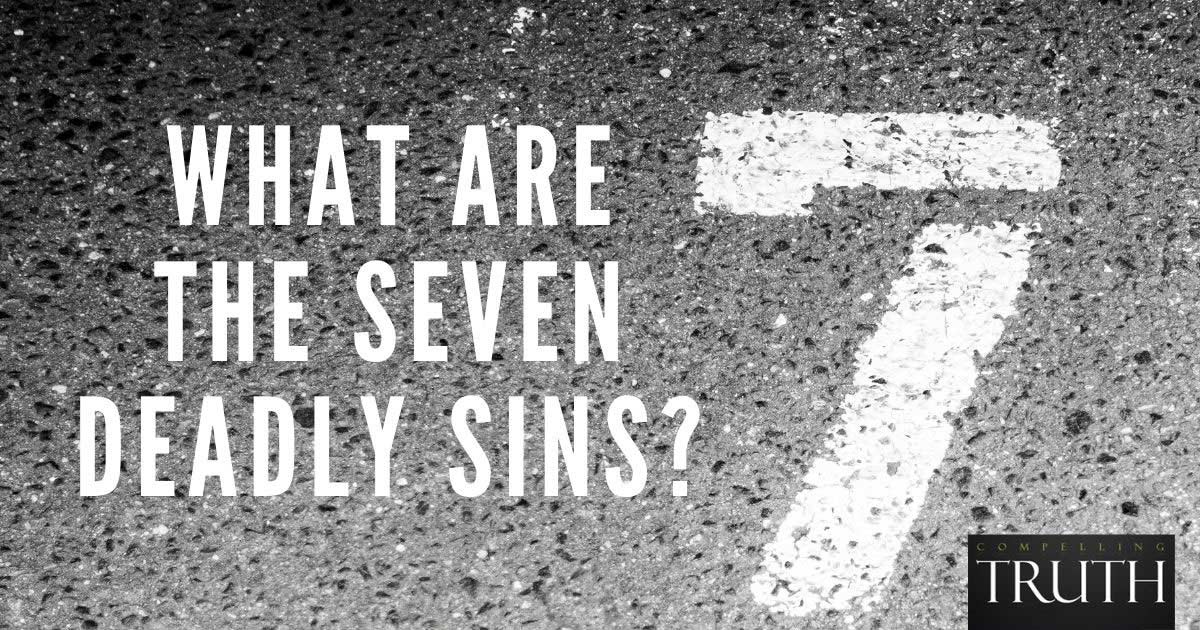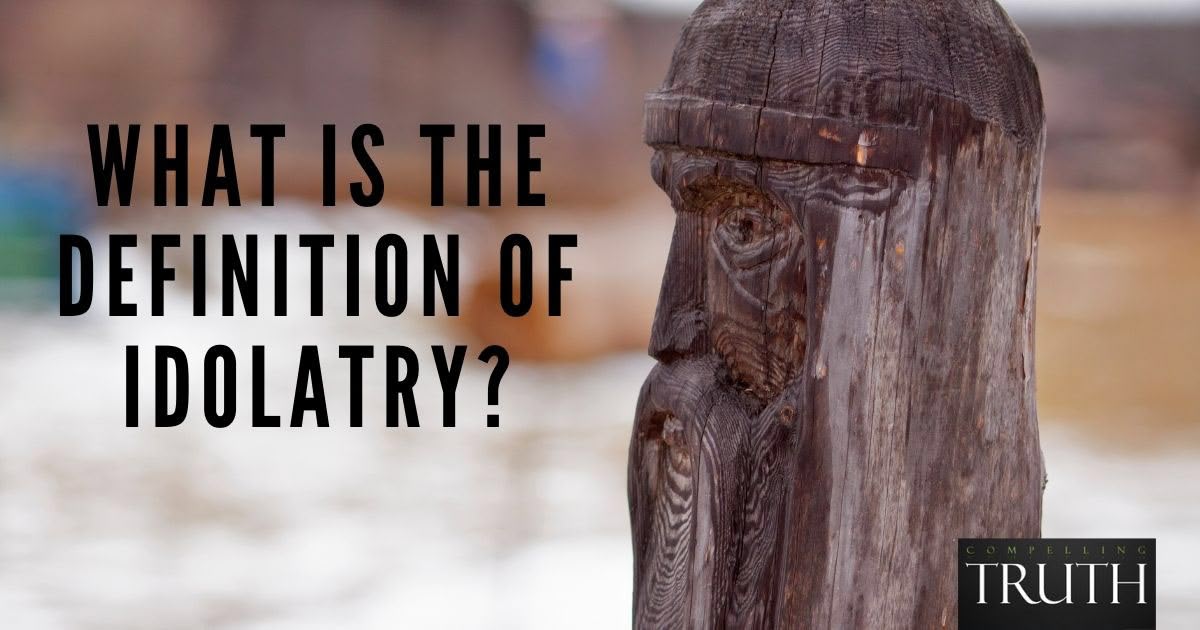Lust, according to the Bible, is a strong, self-centered desire—often sexual in nature—that seeks personal gratification at the expense of others and God's design. Scripture teaches that lust is not just about outward actions but also inward thoughts, as Jesus said that even looking at someone with lustful intent is committing adultery in the heart (Matthew 5:27–28). Both the Old and New Testaments warn against lust, urging believers to flee from it (2 Timothy 2:22), guard their eyes (Job 31:1), and live in holiness and self-control (1 Thessalonians 4:3–5). Lust distorts God’s good gifts, objectifies people made in His image, and leads to spiritual death (James 1:14–15). The Bible calls believers to remove sources of temptation and to cultivate contentment in Christ, who alone satisfies the deepest longings of the heart (Philippians 4:11–13).
Lust is inherently objectifying because it reduces people—made in the image of God—to mere instruments for personal gratification, stripping them of their dignity, purpose, and worth. This distortion dishonors others and blinds us to the beauty of God’s design for love, relationship, and holiness. Lust also elevates material things to idols that promise satisfaction but ultimately leave the soul empty, distracting us from the true joy found in God and His purposes. God’s good gifts are exploited for our own gain.
As followers of Christ, we are called to reject this. When we ask God to renew our vision, He teaches us to honor the sacredness of every soul and to love others not for what they can give us but for who they are in Him. He teaches us to see our material gain as gifts not to hoard or idolize, but to steward with gratitude, generosity, and purpose. In doing so, our hearts are reoriented toward worship, not consumption—toward love that reflects His character, not desire that distorts it.
How can a believer deal with the problem of lust? First, Jesus said to remove whatever is causing or leading to the particular lust. He used an extreme, exaggerated example to communicate this point: "If your right eye causes you to sin, tear it out and throw it away. For it is better that you lose one of your members than that your whole body be thrown into hell. And if your right hand causes you to sin, cut it off and throw it away. For it is better that you lose one of your members than that your whole body go into hell" (Matthew 5:29-30). By this, Jesus means for us to remove anything that leads us to sin. For some, this may mean a particular internet filter to block pornography. For another person, it may mean not watching particular films or going to a specific location in town.
True contentment comes from a growing relationship with Jesus. The apostle Paul also wrote about such contentment: "I have learned in whatever situation I am to be content. I know how to be brought low, and I know how to abound. In any and every circumstance, I have learned the secret of facing plenty and hunger, abundance and need. I can do all things through him who strengthens me" (Philippians 4:11-13). As we depend on Christ and find our satisfaction in Him, the grip of lust begins to loosen. Lust thrives in hearts that are restless and unsatisfied—but when Christ becomes our greatest treasure, sinful desires lose their appeal.




